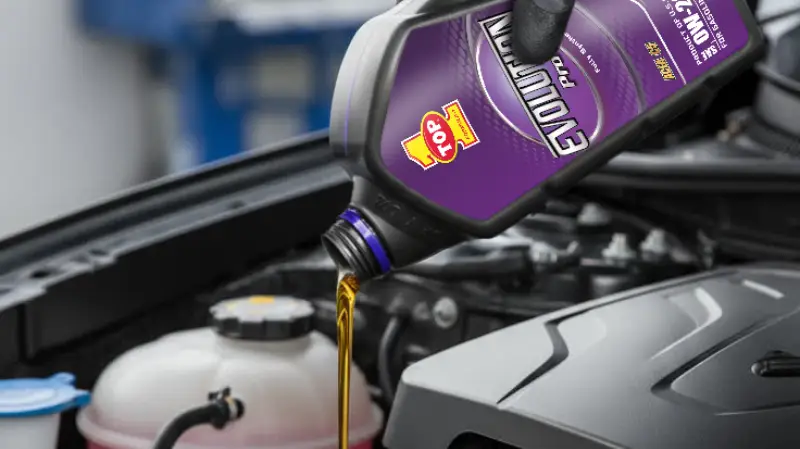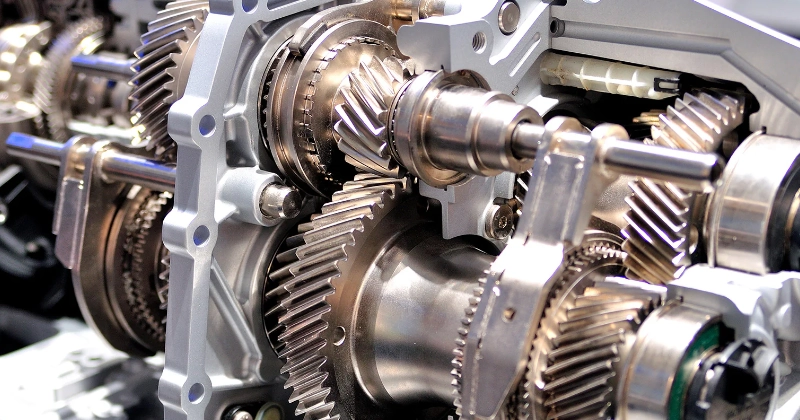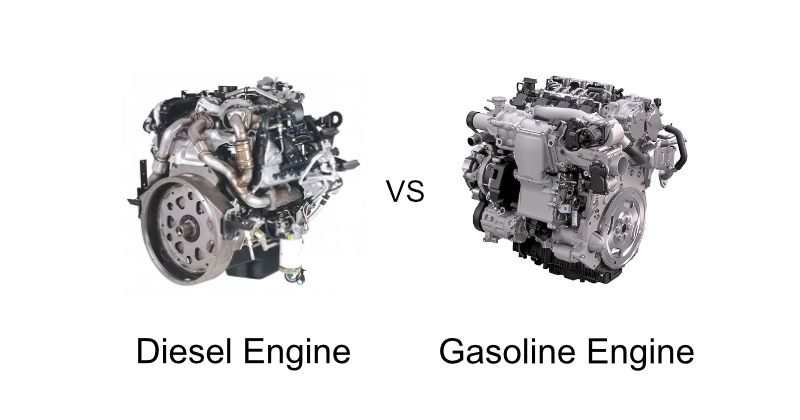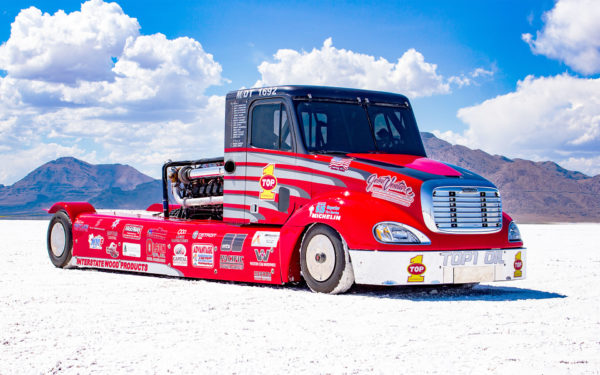Table of Contents
Diesel Engine Oil vs. Gasoline Engine Oil: Practical Guide and Key Considerations
Introduction
Choosing the correct engine oil is critical for long-term engine health, optimal performance, and warranty protection. Diesel and gasoline engines have distinct requirements, and selecting the right oil involves understanding technical ratings, additives, climate impacts, and manufacturer specifications. This guide consolidates essential information and practical tips to simplify your decision-making process.
Main Differences Between Diesel and Gasoline Engine Oils
- Chemical Composition: Diesel oils contain higher levels of detergents, dispersants, and anti-wear additives like ZDDP compared to gasoline oils, which are optimized for spark ignition and emissions systems.
- Engine Type: Diesel engines use compression ignition, requiring oil that withstands higher pressure and temperatures. Gasoline engines rely on spark ignition and typically operate at lower compression.
- API Ratings: API diesel oils carry a “C” API rating (e.g., CK-4), while gasoline oils have an “S” rating (e.g., SP, SQ)..
- Viscosity Grades: Diesel oils often come in heavier grades (e.g., 15W-40), while gasoline oils use lighter grades (e.g., 0W-20) suitable for lower operating temperatures and easier cold starts.
- Additives: Diesel oils have stronger detergents for soot control and higher ZDDP concentrations for wear protection, but excessive ZDDP may harm gasoline engine emissions systems.
API Ratings Explained
The American Petroleum Institute (API) rates engine oils for their intended use:
- Diesel: API “C” (e.g., CK-4, FA-4) for compression ignition engines.
- Gasoline: API “S” (e.g., SP, SQ) for spark ignition engines, with limits on phosphorus to protect catalytic converters.
- Dual-Rated: Oils with both “C” and “S” ratings fit some older engines.
Viscosity Grades and Climate Considerations
Viscosity is a measure of an oil’s thickness and its ability to flow at different temperatures:
- Low “W” Number (e.g., 5W-30): Performs better in cold conditions, ensuring easier starts and adequate lubrication.
- High “W” Number (e.g., 15W-40): Suitable for high operating temperatures and heavy-duty applications.
- Choose viscosity based on your climate and engine type, following OEM recommendations for optimal protection.
Key Additives: ZDDP, Detergents, and Dispersants
Additives enhance oil performance and engine protection, but their concentrations and effects vary by engine type.
- ZDDP (Zinc DialkylDithioPhosphates): Provides critical anti-wear protection. Diesel oils have higher ZDDP levels, which benefit older engines but can damage catalytic converters in modern gasoline engines. Always match ZDDP content to your engine’s needs and refer to manufacturer guidance.
- Detergents and Dispersants: Diesel engine oils have stronger detergents to neutralize acidic byproducts and disperse soot, necessary for high-compression operation. While detergents are beneficial in diesel engines, they may wash away protective films in gasoline engines, particularly newer models.
OEM Approvals and Practical Tips
- Always check your vehicle manual or OEM website for approved specifications before purchasing oil.
- Keep receipts and service records to ensure compliance for warranty claims.
- Look for API, and manufacturer-specific approvals when choosing oil.
Diesel vs. Gasoline Engine Oils
| Diesel Engine Oil | Gasoline Engine Oil |
| High detergency | Lower detergency |
| High ZDDP | Controlled ZDDP |
| Heavy viscosity grades | Lighter viscosity grades |
| Compression ignition rating (API “C”) | Spark ignition rating (API “S”) |
Recommendations
- For Gasoline Engines: Use PCMO (Passenger Car Motor Oil) with the appropriate API “S” rating and viscosity grade. Examples: Fully synthetic 5W-30 or 0W-20 oils with advanced additives for engine protection.
- For Diesel Engines: Use dedicated diesel engine oil (e.g., 15W-40 or 5W-40) with high detergency and the correct API rating for your engine model.
- Using diesel oil in modern gasoline engines is generally not recommended due to additive and viscosity differences. In older gasoline engines (pre-1990s), some diesel oils may be used if they meet dual API ratings but always verify compatibility and consider potential risks to emissions systems.
FAQ
How do I read an oil label?
Check for viscosity grade, API service rating, and OEM approvals (if applicable) to ensure compatibility with your engine.
Can you use diesel engine oil in a gasoline powered car?
Generally, no, unless it’s an older model designed before strict emission controls.
Is there a difference between diesel engine oil and gasoline engine oil?
Yes, diesel oil generally has higher detergency, dispersancy, and ZDDP levels.
Is a diesel engine oil’s viscosity thicker than gasoline engine oil?
Not always, but many diesel engine oils have heavier viscosity grades.
Does diesel engine oil clean engines better?
Diesel engine oils do have higher level of detergents for soot control but if used in a modern gasoline engine it can be excessive and damaging for gasoline engines.
Will diesel engine oil damage a catalytic converter if used in a gasoline powered vehicle?
High phosphorus content in diesel oils can coat and damage catalytic converters over time.
With regular use, can a high quality diesel engine oil extend engine life?
In diesel engines, yes.






























